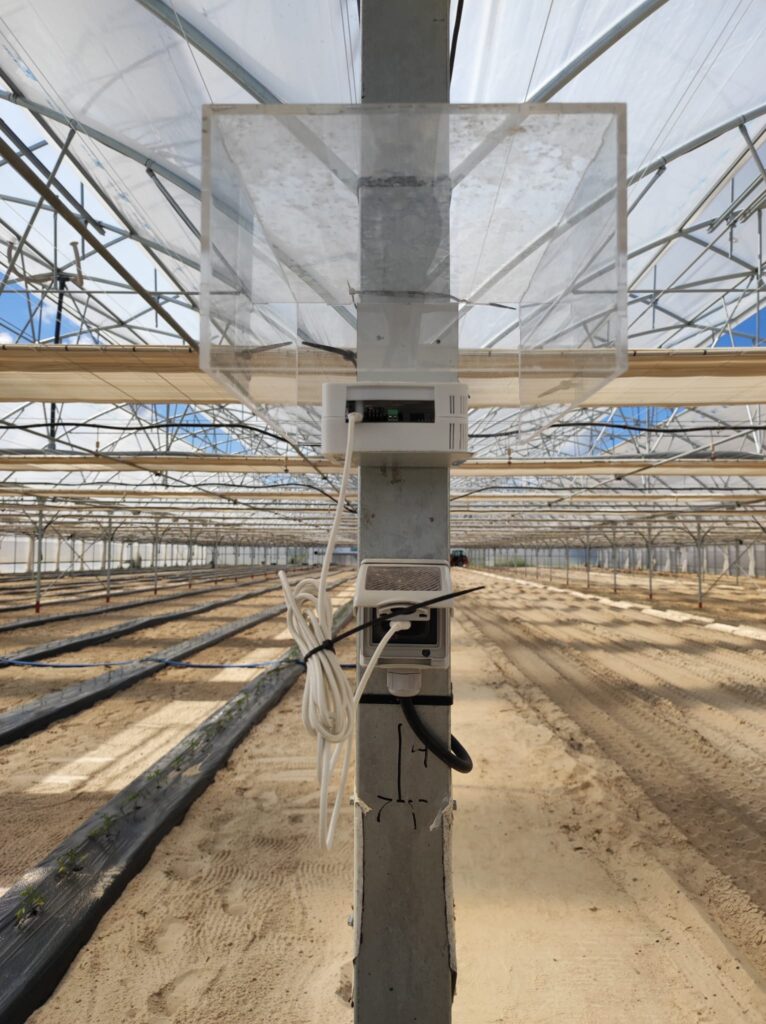Climate change poses significant challenges to agriculture, especially in regions with extreme weather conditions. In Castilla y León, Spain, Hortafercar Sociedad Cooperativa and Cartif, a technology center, are working together to address these challenges and build a more resilient agricultural system.
Hortafercar: A Commitment to Sustainable Agriculture
Hortafercar Sociedad Cooperativa, managed by Juan Carlos Álvarez, is dedicated to the production and processing of vegetables. Recognizing the increasing impacts of climate change, such as longer summers, milder winters, and the proliferation of pests, Hortafercar has embarked on a journey to adapt and innovate.
One of the primary challenges faced by Hortafercar is the increasing prevalence of pests like thrips, which affect their leek crops, and various other pests that have become more common due to the changing climate. These pests were previously kept in check by harsher winters, but with the changing weather patterns, they have become a significant issue.
To combat these challenges, Hortafercar is implementing more resistant seeds to cope with drastic weather changes and is working closely with Cartif to incorporate advanced technology into their farming practices.

Cartif’s Technological Solutions
Cartif is playing a crucial role in helping Hortafercar adapt to climate change by providing innovative technological solutions. They have introduced temperature control systems and humidity sensors to monitor environmental conditions closely. These sensors help anticipate possible plant diseases by providing real-time data on humidity and temperature, allowing for proactive measures.
By having access to precise data, Hortafercar can better manage their crops, knowing when to ventilate greenhouses or take other preventive actions. This technological integration not only helps in managing current challenges but also prepares Hortafercar for future climate-related issues.

Community Involvement and Sustainable Practices
Hortafercar’s commitment to sustainability extends beyond their farming practices. They actively involve the local community by sourcing biomass for their boiler systems from local suppliers and collaborating with livestock farmers who use vegetable waste as feed. This circular economy approach reduces waste and supports local economies.
Additionally, Hortafercar is focused on using organic products that are more environmentally friendly. Their shift towards renewable energy, particularly through biomass, reflects their dedication to sustainability and reducing their carbon footprint.
The Future of Climate-Resilient Agriculture
Looking ahead, Hortafercar aims to continue expanding their use of innovative technologies and sustainable practices. The introduction of sensors and data-driven decision-making has already shown promise in improving crop management and extending the growing season for tomatoes and other vegetables.

The collaboration with Cartif is a testament to the power of partnerships in addressing climate change. By combining traditional agricultural knowledge with modern technology, Hortafercar and Cartif are setting an example for other agricultural businesses in the region.
Sharing Knowledge and Building Resilience
One of the key outcomes of this collaboration is the potential to share their findings with other agricultural businesses in Castilla y León. By providing data and results from their trials, Hortafercar hopes to inform and inspire other farmers to adopt similar practices, thereby building a more resilient agricultural community.
The partnership between Hortafercar and Cartif is a shining example of how innovation and collaboration can drive sustainable agriculture. Through their efforts, they are not only addressing the immediate challenges posed by climate change but also laying the groundwork for a more resilient and sustainable future in Castilla y León.
As they continue to refine their methods and share their knowledge, Hortafercar and Cartif are contributing to a broader movement towards climate resilience in agriculture, demonstrating that with the right tools and partnerships, the future of farming can be both sustainable and productive.
